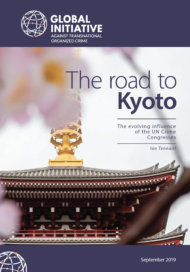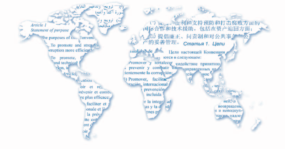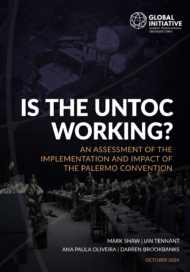Posted on 03 Sep 2019
The United Nations Crime Congress, which usually meets every five years, is a key opportunity for the international community to make progress on countering organized crime and the damage it does around the world. The next UN Crime Congress was due to be held in Kyoto, Japan, in April 2020. It has now been postponed to an undetermined future date to the COVID-19 outbreak.
The Congress, as an international non-decision-making conference, is easy to characterize as detached from the realities on the ground. Nevertheless, its influence over crime policy is significant, as is the opportunity it affords to galvanize international action, and to exchange experiences and new ideas. The agreements reached during past UN Crime Congresses do in fact shape the policy direction of the UN on organized crime. At the same time, however, other issues can overshadow those prioritized at the Congress, and follow-up has arguably been too narrowly focused.
It is the view of the Global Initiative Against Transnational Organized Crime that by recognizing current realities and future challenges posed by organized crime, along with inclusive and action-oriented follow-up, this Congress could achieve a lasting and more meaningful impact. Such a goal could prove particularly elusive in an era in which multilateralism and compromise seem to be under threat. Therefore, the challenges posed by organized crime merit – more than ever – the international community’s attention, creative thinking and long-term commitment.
This brief examines the impact of past UN Crime Congresses and considers ways to better leverage its untapped potential.




